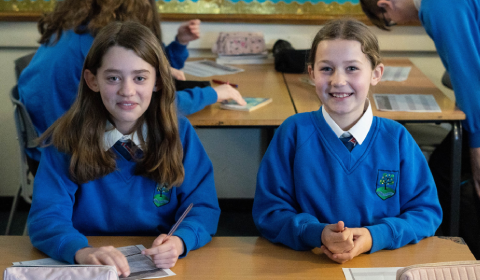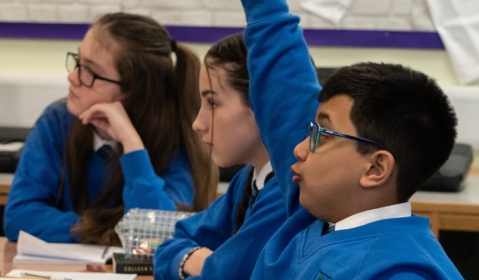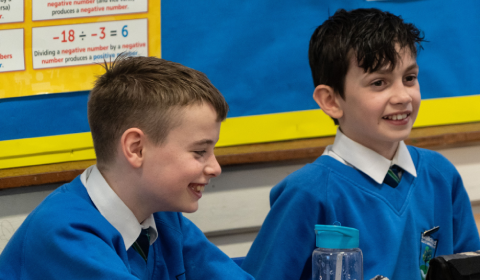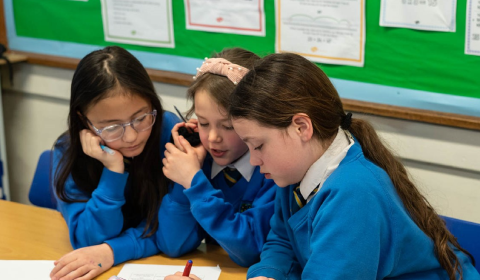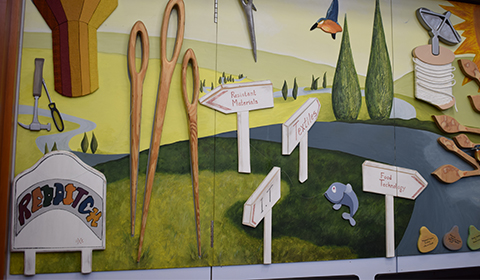What is the purpose of our curriculum?
Love to Learn
- We deliver separate RE, PSHE and careers aspects as components within SSE lessons.
- Within RE aspects of SSE lessons, we aim for pupils to learn about and from religion so that they can understand the world around them.
- Within PSHE aspects of SSE lessons, we aim to promote children’s knowledge, self-esteem, emotional wellbeing and resilience, and to help them to form and maintain age-appropriate, worthwhile and positive relationships through appropriate relationship and sex education (RSE).
- Within careers aspects of SSE lessons, we ensure that pupils are also encouraged to consider what their future career might be and provide the interpersonal skills for this to be enacted in the future.
Learn to Live
- Pupils are taught to have respect for themselves, and for others, within our local, national and global communities and are made aware of how to keep themselves safe- Self Manager & Team Worker
- Pupils develop the ability to formulate their own opinion and be able to express their views respectfully, taking account of the view of others – Self-Manager.
- We want pupils to be equipped to consider their place in the world outside of education and prepare them for their future path of choice – Self-Manager.
Live to Love
- We aspire to develop our pupils’ sense of self-worth as individuals, so they can accept differences in opinions and maintain respect for others on a life-long basis – Inclusiveness.
- We aim to embed our ten Fruits of Faith into pupils, so they take and use these values with them in the outside world.
- We inspire within pupils a curiosity about the world they live in and the variety of people who surround them, enabling them to continually ask questions and seek answers - Inquisitiveness.
Pupils are encouraged to have a love, rather than a fear of difference, and to show kindness in their lives – Friendliness, Forgiveness
Learning Journals indicate the progress that a pupil can make within a subject. These do not compare children’s progress with each other but considers their progress against specific statements. The Learning Journals for this subject are:



